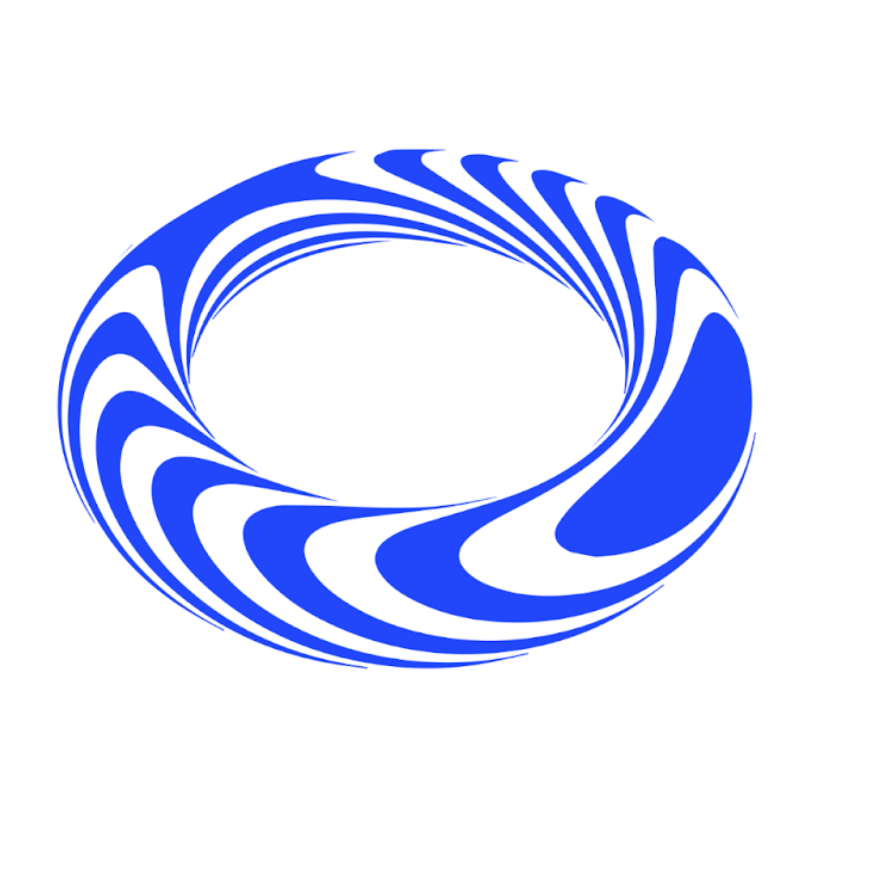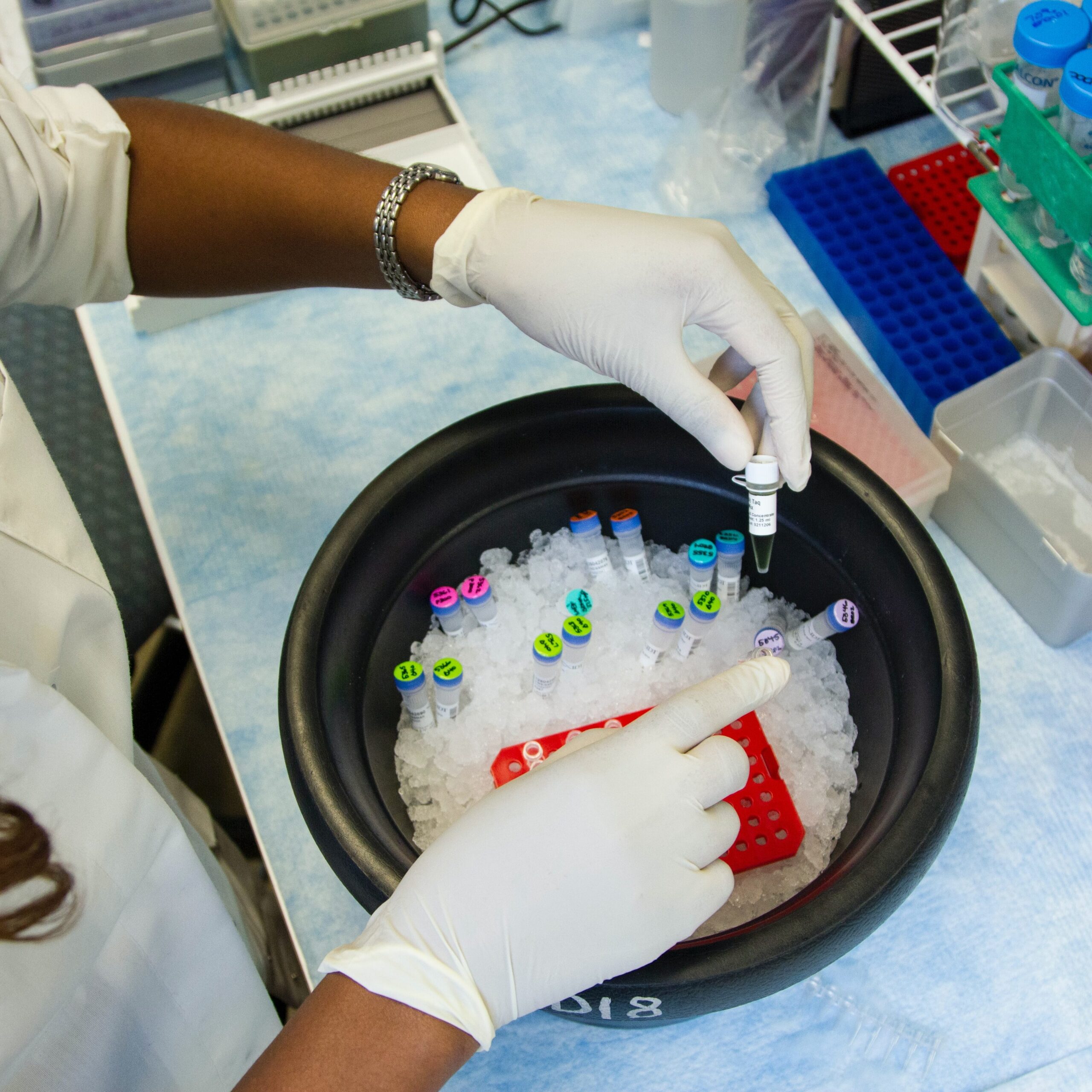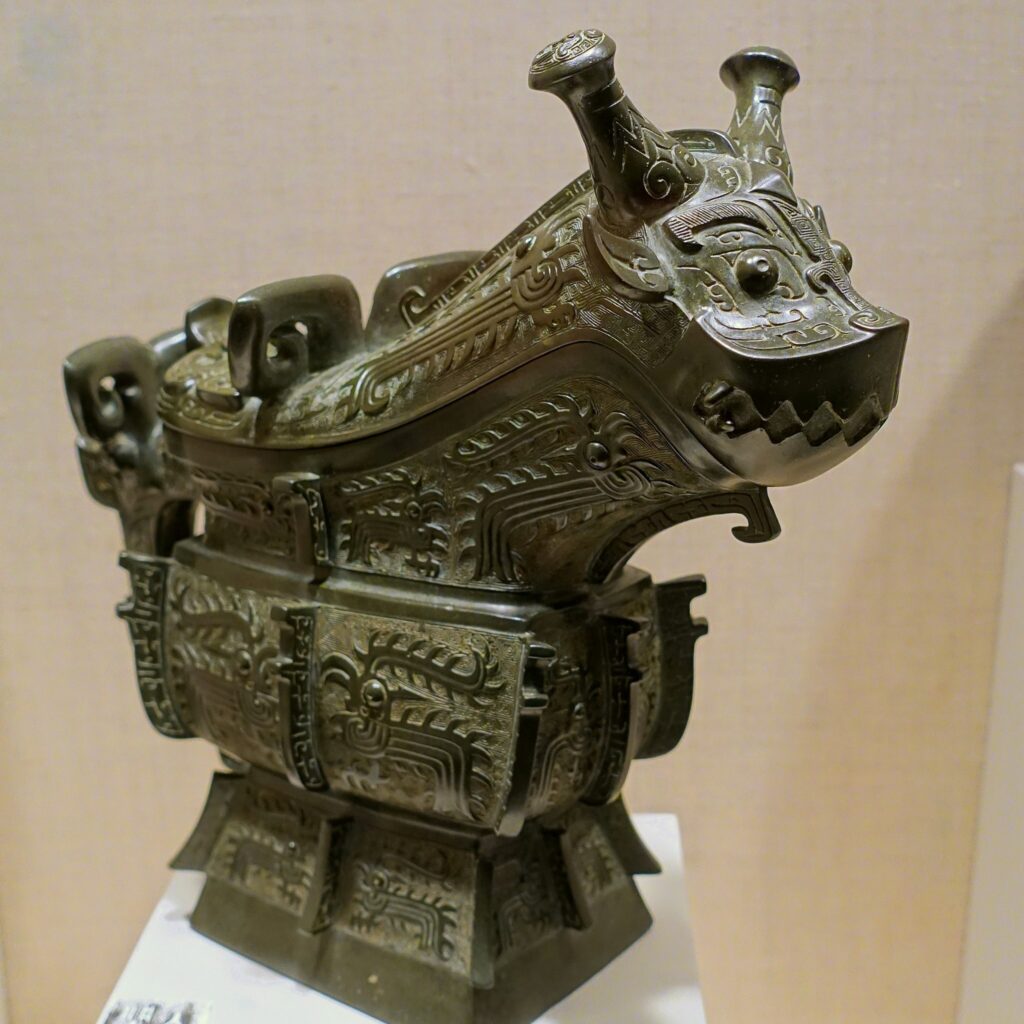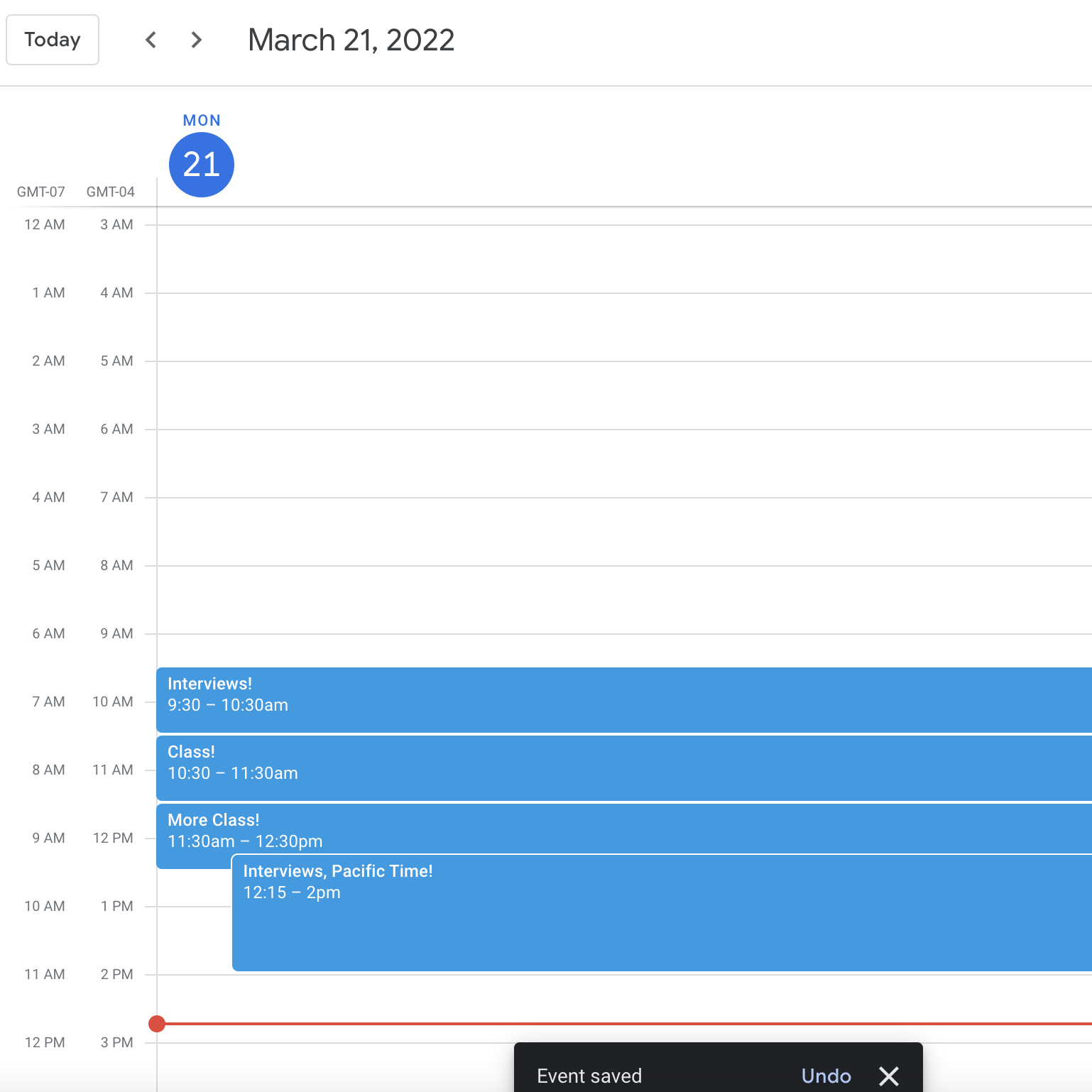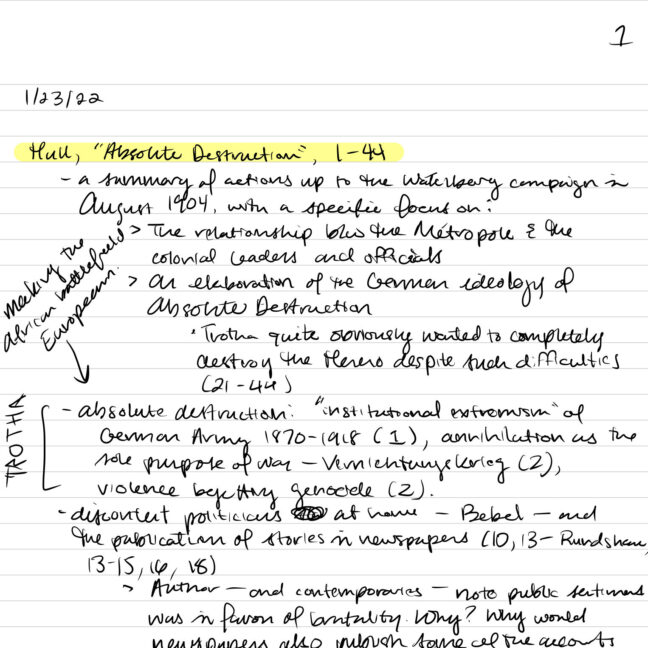As I dive into my second junior paper, I’ve begun to realize how much more serious this paper is than the first one. Gone are the safety rails once provided by Princeton’s History department; instead of a course with concrete deadlines, I am now in the metaphorical Wild West, negotiating with my advisor on a whole bunch of elements: deadlines, research content, framing, among others. Even though it is only February when I write this, the April deadline eyes me ominously. With four classes and an array of extracurricular activities, whatever will I do to survive my second JP? How can I even anticipate the thesis?
At PCUR, we’ve done plenty of reflections on our prior research experiences. The more I think about it, the best thing to do is to reflect on my first JP. In that paper, I explored the attitudes and ideologies of consumption that post-war consumers held, particularly in relation to an acute shortage of nylon stockings. Sifting through dozens of articles in local newspapers, I identified many letters to the editor that female consumers sent in to voice their opinion about how nylons should be distributed, who deserves them, and how the shortage was affecting their everyday lives.
Although I am undoubtedly proud of the final product, there were many things I could improve about it. From the way I kept sources and my reading schedule to my writing method and the final editing process, I could enumerate an endless list. For now, I will highlight two of the biggest takeaways from my first JP, which will be particularly useful given the abbreviated timeline of the second paper.
Continue reading Lessons from My First Major Research Essay




